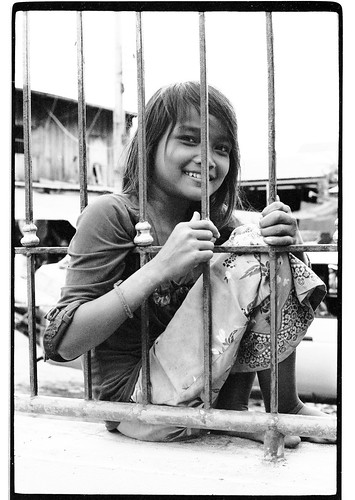Poverty can drive people to do things that they normally would not do like some of the characters in the Secret River. In Third world countries such as Burma, Sudan, Uzbekistan, (etc.), living in itself is a challenge for the people. Food is scarce and the government are not lending them a hand like what they do in a first world country. We’re lucky to be in Australia. If you don’t have a job, the government gives you money; if you can’t buy a house, you can always go to the banks and ask for a loan. But what about the people in third world countries? A family eating 3 meals a day would be considered extremely lucky. Even getting a house is already a dream come true for them. So it is not surprising to see that crimes such as stealing are very high in these regions of the world since the first priority is to live.

http://www.photovault.com/Link/People/o/vPoverty3rdW/POVVolume01.html
By anonymous student


No comments:
Post a Comment